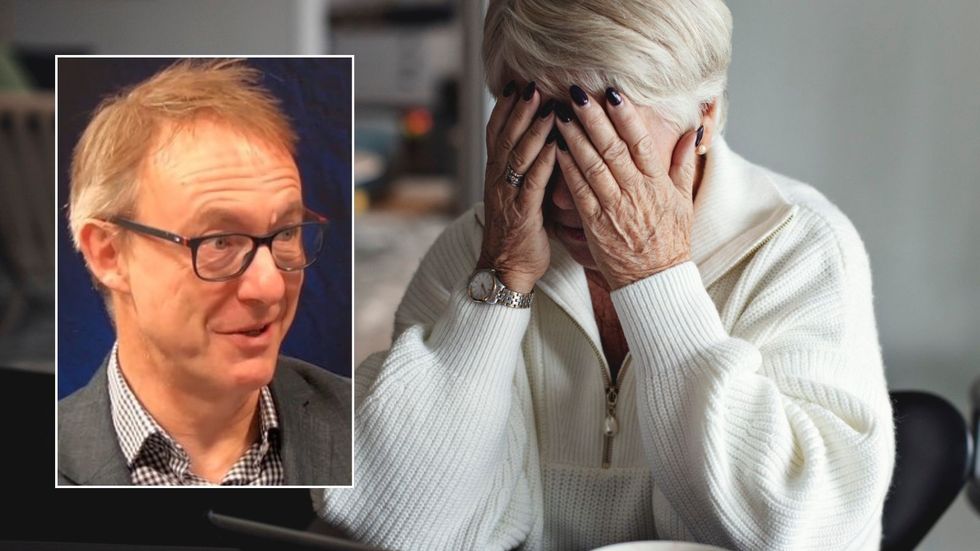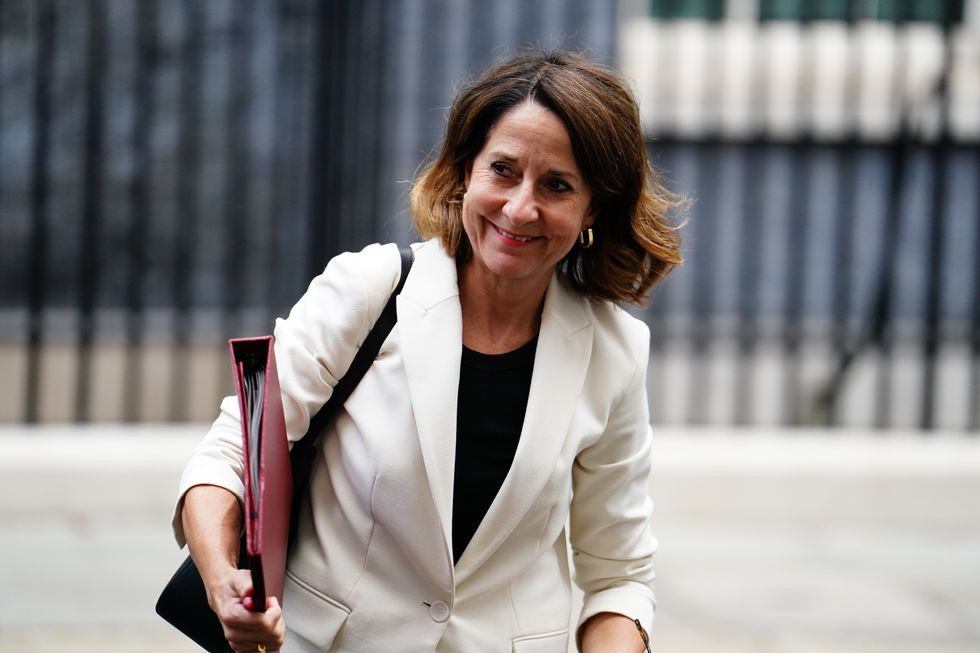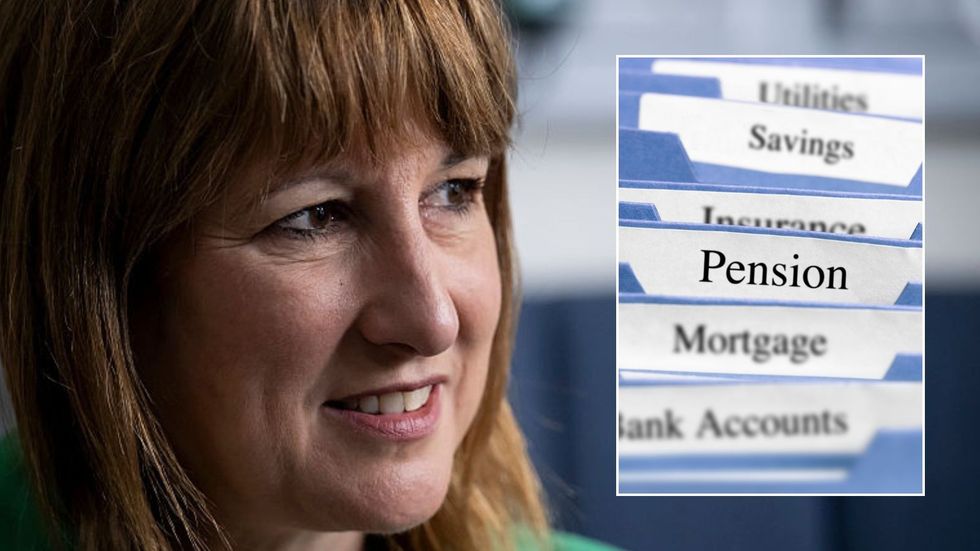State pension triple lock 'can't go on forever' as Labour urged to overhaul payments in DWP review

Under the triple lock, state pension payment rates are guaranteed to rise every year by at least 2.5 per cent
Don't Miss
Most Read
A leading economist is casting doubt on the future of the state pension triple lock, warning that the current mechanism for raising payments "can't go forever".
Paul Johnson, the former director of the Institute for Fiscal Studies (IFS) and provost of The Queen's College, Oxford, is urging the Labour Government to consider drastic reform to the pensions system as part of the Department for Work and Pensions' (DWP) recently launched review.
The DWP has initiated a comprehensive examination of Britain's retirement age framework, appointing Dr Suzy Morrissey to lead an independent assessment that will shape future pension policy.
This review arrives as demographic shifts place mounting strain on public finances, with officials seeking fresh approaches to ensure the pension system remains viable for coming generations.

A leading economist has warned the state pension triple lock 'can't go on forever'
|GETTY / GB NEWS
Dr Morrissey, who serves as deputy director at the Pensions Policy Institute and previously worked as a civil servant in New Zealand, will investigate whether Britain should adopt mechanisms that automatically adjust retirement ages based on longevity data.
Her analysis forms part of a broader Governmental evaluation scheduled to conclude in 2029, with findings expected to influence how ministers determine when future cohorts can access their state pensions.
Mr Johnson is calling on the DWP's Pensions Commission to address the state pension triple lock, which was signalled out by the Office for Budget Responsibility (OBR) as being a major expense on the public purse.
Thanks to the triple lock mechanism, state pension payment rates increase annually by either the rate of inflation, average wage growth or 2.5 per cent; whichever is highest.
Do you have a money story you’d like to share? Get in touch by emailing money@gbnews.uk.
 DWP minister Liz Kendall has launched a new Pensions Commission | PA
DWP minister Liz Kendall has launched a new Pensions Commission | PAWriting in The Times, Mr Johnson explained: "Many people don’t think the state pension itself will last much longer. When polled, a third claim not to believe it will exist in 30 years’ time. … People are not completely stupid. The triple lock clearly can’t go on for ever."
According to the OBR's latest report, state pension payments are costing Britain £15.5billion annually rather than the initially estimated £5billion a year.
As well as this, the non-departmental public body is in line to cost 7.5 per cent of the UK's entire gross domestic product (GDP) within the next 50 years.
Despite his concerns over the triple lock, the former IFS director is not in favour of means-testing the retirement benefit like other benefits provided by the DWP.
MEMBERSHIP:
- Interactive map reveals how many migrants have entered on Keir Starmer's watch - find out the number in YOUR area
- Labour's property tax is about to wipe out the middle classes in London and the South East - Kelvin MacKenzie
- Trigger warning: What I have to say about Notting Hill Carnival will deeply upset the woke - Peter Bleksley
- Reform UK faces eight pivotal tests in 24 hours as Nigel Farage gears up for battle following shock resignation
- POLL OF THE DAY: Following the Epping win, should we close all migrant hotels? VOTE NOW
He added: "Even for the pretty well heeled, the state pension is a crucial part of retirement planning. It provides possibly the only guaranteed regular income that most will receive in retirement … and it provides some protection against inflation.
"That’s why … the Government should implement a four-point guarantee: that the state pension will never fall in real value, that it will never be means-tested, that we will always get at least ten years’ notice of any increase in pension age and that over time it will maintain its value relative to average earnings."
LATEST DEVELOPMENTS:

The Chancellor has indicted state pension reform could be on the cards
| GETTYDenmark's approach has emerged as a potential model, with the Nordic nation implementing legislation that will push its official retirement threshold to 70 years by 2040 - set to become Europe's highest.
The Danish system, established in 2006, automatically recalibrates retirement eligibility every five years based on population longevity trends, currently standing at 67 before rising to 68 in 2030 and 69 in 2035.
Dr Morrissey's remit specifically includes examining international precedents for such automatic adjustment mechanisms, which various nations have adopted to create more responsive pension frameworks.
Chancellor Rachel Reeves indicated last month that reviewing retirement age parameters was essential for maintaining an "affordable" benefits system, acknowledging that increasing lifespans necessitate periodic reassessment of existing arrangements.
More From GB News











